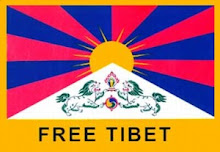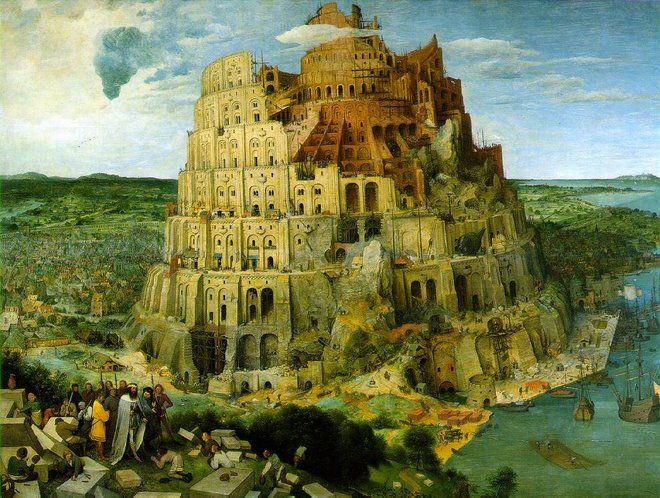 «The story of Kassav’ (the name comes from cassava, which is a mixture of manioc paste and coconut) began in 1979 when Pierre-Edouard Décimus, a member of a dance orchestra since the sixties, decided to revamp and modernize the music he had always played along with Freddy Marshall, another musician from the Antilles. They adored popular carnival music, and so Decimus tried to adapt it to modern musical techniques. They also recruited Jacob Desvarieux, an established studio guitarist, and Georges Décimus, Pierre-Edouard’s brother, a bass guitarist, together with other studio musicians. The group built up as it went along. The first formation went in to the recording studios in the November and brought out the first Kassav’ album, entitled Love and Ka Dance, a couple of months later. A new musical genre had been conceived: Zouk. New sounds, particularly bass, keyboards and brass wind instruments, gave this music a modern, festive air, both lively and foot-tapping. This was when Kassav’ began writing the history of Zouk. […]
«The story of Kassav’ (the name comes from cassava, which is a mixture of manioc paste and coconut) began in 1979 when Pierre-Edouard Décimus, a member of a dance orchestra since the sixties, decided to revamp and modernize the music he had always played along with Freddy Marshall, another musician from the Antilles. They adored popular carnival music, and so Decimus tried to adapt it to modern musical techniques. They also recruited Jacob Desvarieux, an established studio guitarist, and Georges Décimus, Pierre-Edouard’s brother, a bass guitarist, together with other studio musicians. The group built up as it went along. The first formation went in to the recording studios in the November and brought out the first Kassav’ album, entitled Love and Ka Dance, a couple of months later. A new musical genre had been conceived: Zouk. New sounds, particularly bass, keyboards and brass wind instruments, gave this music a modern, festive air, both lively and foot-tapping. This was when Kassav’ began writing the history of Zouk. […]Released in June 2000, Nou La (short for "Nou la, nou byen la" – We're here, really here!) featured 15 tracks recorded in Toulouse and mixed in Paris. But it was clear that the songs had been written and lovingly prepared in Martinique, the group’s eternal source of inspiration.» (RFIMusique, click here for full bio)
Link in comments











